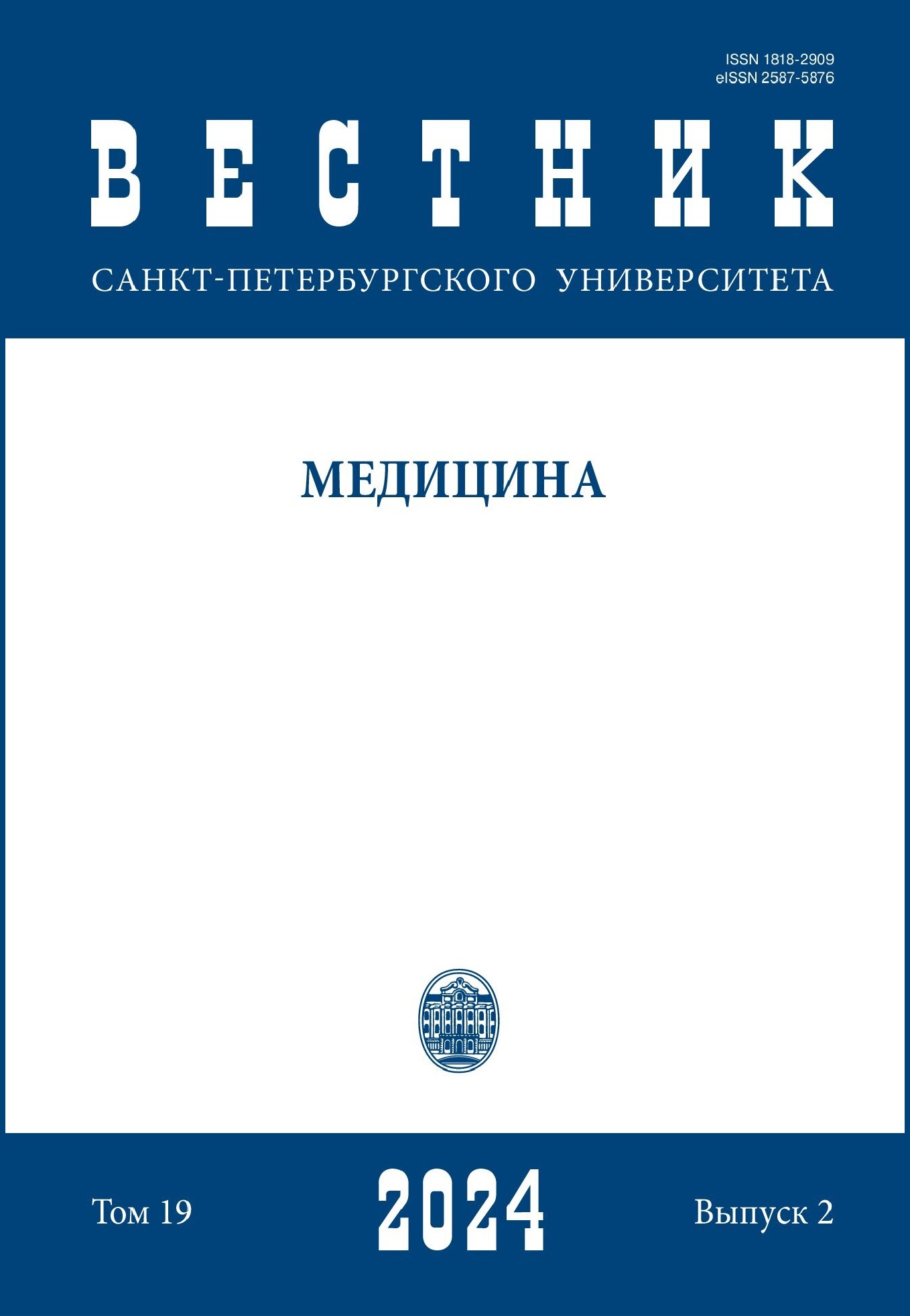Current aspects of information hygiene
DOI:
https://doi.org/10.21638/spbu11.2024.206Abstract
Information hygiene is a list of skills that allow a person to safely use information technology.
At the same time, despite the growing popularity of digital hygiene research, the relative novelty of this research area largely prevents the formation of stable analytical traditions and methodology. The purpose of this is to consider the basics of information hygiene as a new direction at the intersection of hygiene, physiology, and psychology. The article examines the basics of information hygiene as a new direction at the intersection of hygiene, physiology and psychology, analyzes publications in international and local peer-reviewed scientific journals.
Keywords:
information, hygiene, safety, quality of life, Internet addiction
Downloads
References
References
Downloads
Published
How to Cite
Issue
Section
License
Articles of "Vestnik of Saint Petersburg University. Medicine" are open access distributed under the terms of the License Agreement with Saint Petersburg State University, which permits to the authors unrestricted distribution and self-archiving free of charge.




